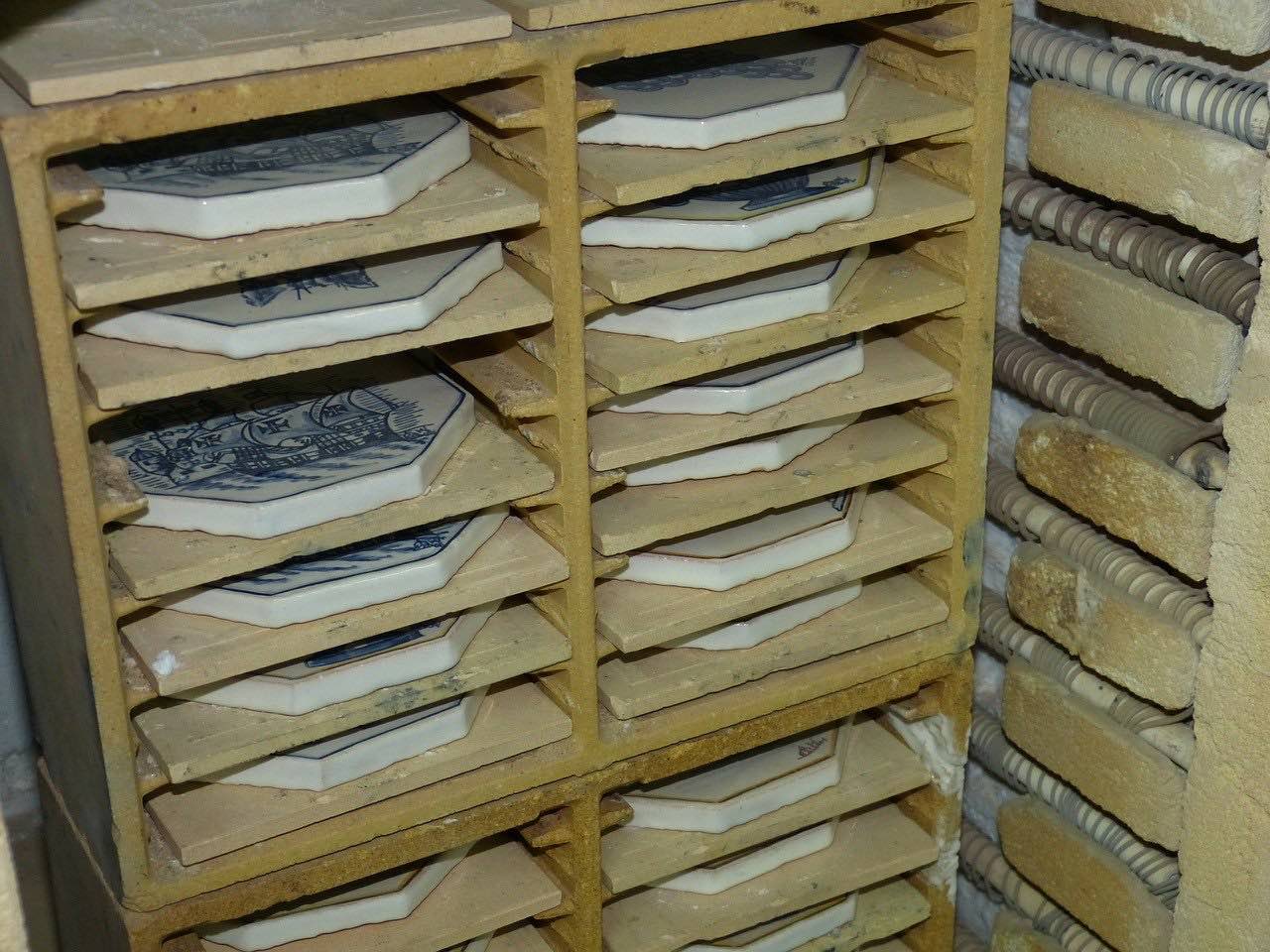Industrial ovens are heated chambers that have multiple purposes. They process raw materials to perform a heating treatment. They can be used in the food industry, chemical processing, and the electronics industry as well. If you’ve been wondering whether to invest in an industrial oven for your business or not, stick around. We’ll talk about types of industrial ovens and some of their benefits.
Types and Uses of Industrial Ovens
There are different types of industrial ovens like curing, drying, baking, reflow, batch, conveyor, and clean room ovens. The curing is used to cause a chemical reaction that happens once a specific temperature is reached, which includes powder coating. Drying ovens are also known as kilns, not to be confused with ceramic kilns. They are used to remove moisture from raw material. They have different applications like pre-treatment and temperature testing.
Baking ovens have functions of both curing and drying ovens. You can find batch ovens in bakeries and big supermarkets. They perform multi-functions including drying, curing, and baking. The same goes for conveyor ovens, which have a bigger capacity to mass-produce. And they have a cooling chamber along with the heating to increase efficiency and save time.
Benefits of Industrial Ovens
01. They Produce High Temperatures
Industrial Ovens can heat a product to 1000F while using typical temperatures for operating, in the range of 180 F, 450 F, and 500 F. They have been operating by natural gas for 100 years. Air gets blown by a burner or blower to the oven. Then the air gets heated, and it surrounds the products until it reaches the average heat temperature. This can work on a product of any shape and any size. This method, called convection, works well at heating the whole oven fast and at heating irregular shapes.
There are other energy sources used to heat industrial ovens like electricity. The manufacturers at https://www.pqovens.com/industrial-ovens/ state that it’s crucial to decide which heat source to be used for the heating process. Ultimately, the choice of energy source for the oven depends on the product and the industry type.
From our partners:
02. They Can Be Energy-Efficient
Yes, industrial ovens require a lot of heat, but with some tweaks, you can make them consume less energy and result in fewer utility costs. The first step towards cutting down on energy is increasing the insulation. Adding one or two more layers to the oven’s walls is inexpensive and will save thousands of dollars.
You can install a door switch, as well, which decreases the heat when the door is open to reduce wasted heat and save a lot of money. Thirdly, you can add a high-temperature curtain in the conveyor oven. That prevents heat from spilling out. The material of the curtain can be a flat ceramic gasket or a silicon rubber. If it’s not possible to add a curtain, use a powered air seal or vestibule at the openings.
03. They Have Many Purposes
Industrial ovens could be just what your business needs. In hospitals, they can be used to decontaminate medical devices and instruments, in addition to medical and surgical components. Pharmaceuticals also benefit from industrial ovens. They are used for baking the coating of pills and burning off excess chemicals of pills too.
They can sterilize laboratory equipment. And another function they do is burn-in testing materials. Moreover, they treat metal, which means they apply heat to achieve an effect. Heat treating includes aging, stress relief, tempering, and annealing. Industrial ovens have even more uses. Just make sure you do your research about their uses and how they can be added to your business.
04. They Offer a Lot of Space
Most types of industrial ovens have enough space to fit anything in. If you choose to build a walk-in batch oven, you need to make it big enough to accommodate a truck. And they can heat materials of any shape. You have the option to get them in a small size to save up some space. It depends on the size of your business, your budget, and what you will use the oven for.
The world of industrial ovens is vast. We recommend reading about them to know what will serve your purpose. Or better, visit a manufacturer and let them explain to you how things go. They will be ideal if your business requires a lot of heat treatment as they will save more than other types of ovens. An industrial oven can last for decades, and when it starts underperforming, you can always upgrade it or make some changes. The most important thing when building an oven is to customize it to fit your needs.














